The IAEA Chief Mohamed ElBaradei visited
The IAEA inspectors have been regularly inspecting
ElBaradei presented his report to the agency whose 35-member board of governors started their debate on the report on Tuesday.
The official U.S. reaction was positive, with Washington's ambassador to the United Nations in Vienna Kenneth Brill telling reporters he was "very satisfied", according to Reuters.
But one diplomat told Reuters, "The statement by the board was a reprimand, not a condemnation".
The "awkward directives issued at certain influential capitals on the form, the content and the final conclusion and judgment of the report," is clear Iranian representative to the IAEA, Ali Salehi, said, alluding to the United States pressures on the IAEA to report Iran’s violation of the IAEA agreements.
The board urged
"The Islamic Republic of Iran has fulfilled its obligations under all provisions of the NPT, Salehi told the IAEA high level meeting.
He said: "
Iranian Atomic Energy Organization Spokesman Seyed Khalil Mousavi told the Mehr News Agency that the Islamic Republic of Iran has not failed to report its nuclear activities to the IAEA.
"There is no disagreement between the two sides, there is only some misinterpretation on the interpretation of the text of the agreement," Mousavi said.
The Islamic Republic maintains that it has every right to benefit from atomic energy and that it is not following a policy of aggression.
"My country declared the materials to the agency and it is now under its full safeguards," he said.
Iran's Foreign Minister Kamal Kharrazi has said on record that his country is ready to sign an additional protocol to the NPT, providing for more intrusive, short-notice inspections, on the condition that the Western countries fulfill the obligations entrusted on them by the NPT to provide Iran with the required technology to develop its nuclear energy plans which are squarely meant for peaceful purposes. If a ban on the import of civilian Western nuclear technology to
Before the issuance of the statement, the
"The international community must come together to make it very clear to
Diplomats said the
The diplomat said
MS/SM
END
MNA

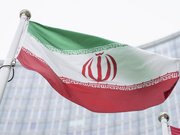
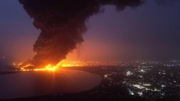
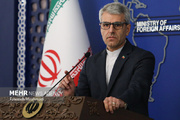
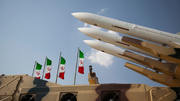
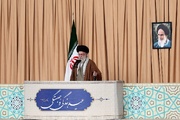
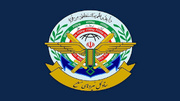
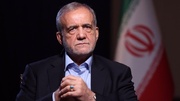
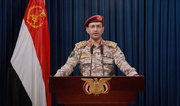
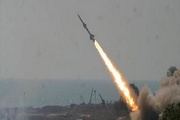
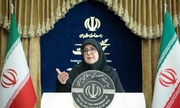
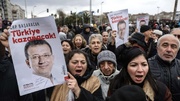
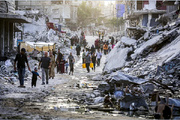

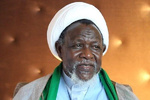

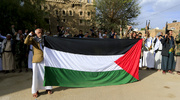
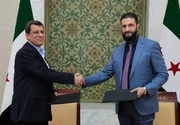
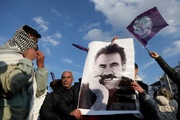
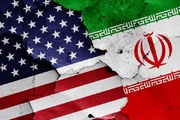
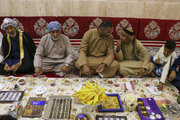

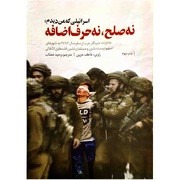
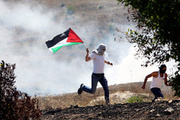
Your Comment